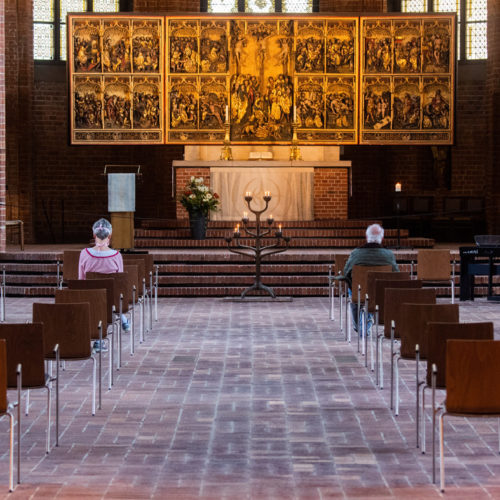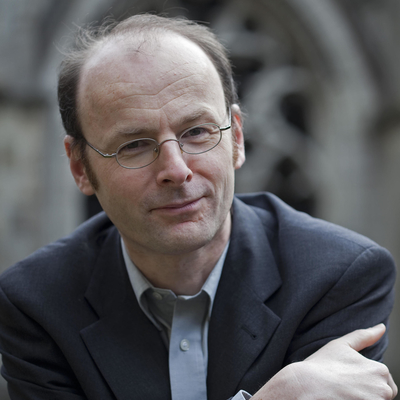Christoph Baumgartner - 27 May, 2020 , Blogs

Year of birth: 1969
Current position: Associate Professor of Ethics, Utrecht University
How should we deal with religious diversity in the public sphere of liberal-democratic societies? And more specifically, what does ‘good citizenship’ mean, and which forms of religion and secularity are appropriate in contexts of religious diversity? In order to answer question such as these, I analyse recent controversies about religious issues, for instance:
I approach such controversies from a political philosophical perspective that is informed by current research in anthropology, history, political theory, religious studies, and sociology. I am particularly interested in how normative principles such as freedom of religion and moral and political equality are invoked, and how they actually function in liberal-democratic and pluralistic societies. Moreover, I inquire which formal and informal institutions, norms, values and sensibilities enable or hamper people with different religions to fully participate in social and political interactions.
The final aim of this research is to provide a political philosophical theory that includes a concept of citizenship on the one hand, and a critical theory of religion and secularity on the other hand. This will allow us to better understand conflicts such as those mentioned above, and to develop even-handed solutions for societies that aspire to be open and resilient with respect to the challenges resulting from religious diversity.

Baumgartner, C. 2019. “Liberal Political Philosophy of Religious Difference after Saba Mahmood.” Sociology of Religion 7/4, 301-322. doi: weblink.
Baumgartner, C. 2019. “(Not) Shaking Hands with People of the Opposite Sex. Civility and Accommodation.” In Religion and Political Theory: Secularism, Accommodation and the New Challenges of Religious Diversity, edited by Jonathan Seglow and Andrew Shorten. London: Rowman and Littlefield International, 119-136.
Baumgartner, C. 2017. “Is There Such a Thing as an Offensive Picture?” In Taking Offense. Religion, Art, and Visual Culture in Plural Constellations, edited by Christiane Kruse, Birgit Meyer and Anne-Marie Korte. Paderborn: Wilhelm Fink, 317-339.
B. Baumgartner. 2014. Re-examining and Ethics of Citizenship in Postsecular Societies. In Bolette Blaagaard, Rosi Braidotti, Tobijn de Graauw and Eva Midden (eds.), Transformations of Religion and the Public Sphere – Postsecular Publics (pp. 77-96), Palgrave Macmillan